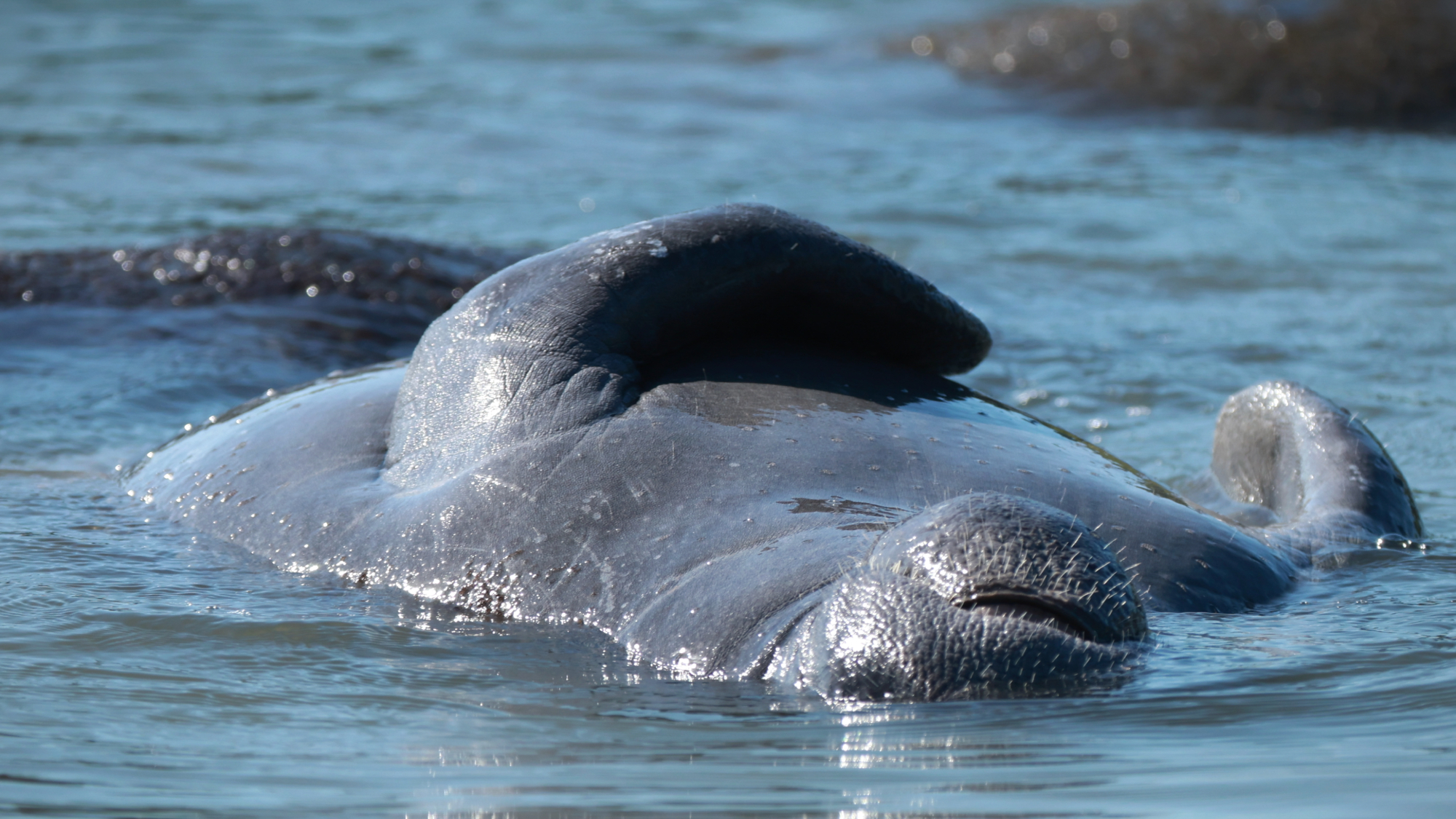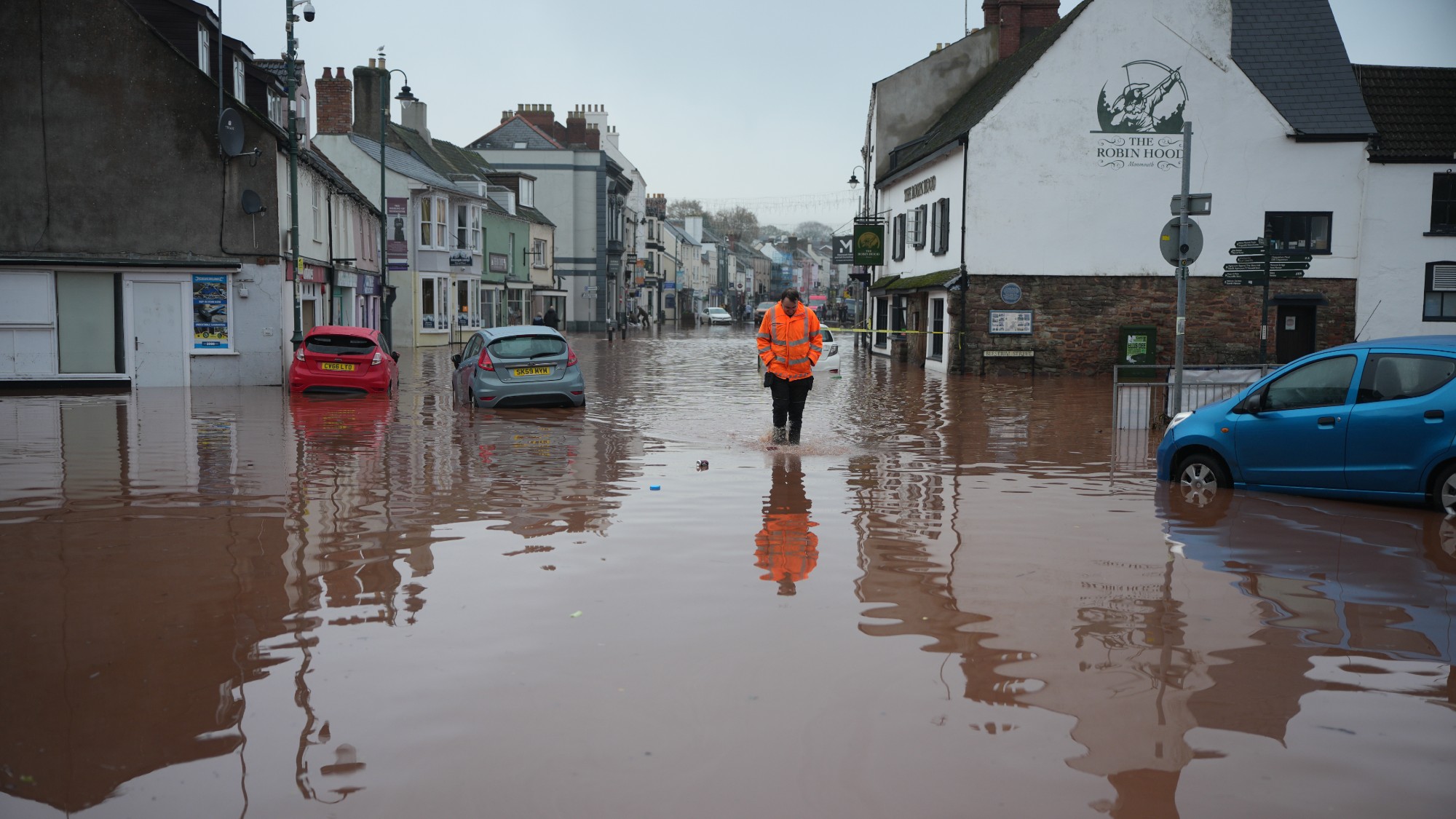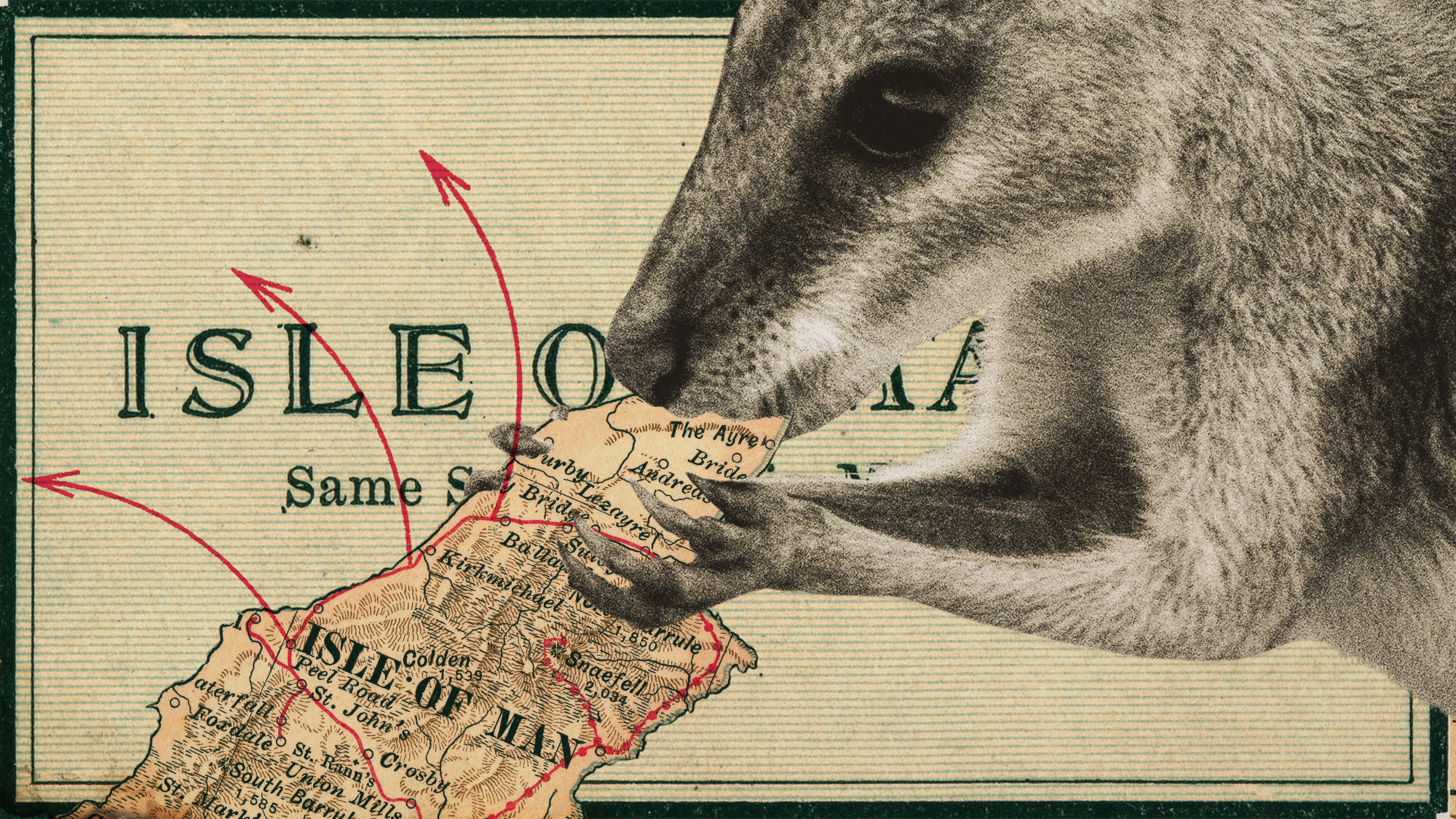US proposes eroding species protections
The Trump administration wants to change the definition of 'harm' in the Environmental Protection Act to allow habitat damage


A free daily email with the biggest news stories of the day – and the best features from TheWeek.com
You are now subscribed
Your newsletter sign-up was successful
What happened
The Trump administration Wednesday proposed changing the definition of "harm" in the 1973 Environmental Protection Act to exclude damaging the habitats where endangered species live, siding with businesses who view the current longstanding definition as a burdensome regulation that limits logging, oil drilling, mining and housing development. Under the proposed new definition, harm would refer only to activities that deliberately kill or injure an endangered animal, like hunting or trapping.
Who said what
Narrowing the definition of "harm" to exclude habitat degradation "makes sense in light of the well-established, centuries-old understanding" of the word, the U.S. Fish and Wildlife Service and National Marine Fisheries Service said in their proposed rule.
Habitat loss is the "single biggest reason that many species face extinction," The New York Times said. The proposed change "cuts the heart out of the Endangered Species Act," said Noah Greenwald of the Center for Biological Diversity, per The Washington Post. Kristen Boyles, a lawyer at Earthjustice, called the new definition "nonsensical both legally and biologically," allowing "a developer to drain a pond where an endangered species of turtle or fish lived, and that wouldn't be harm."
The Week
Escape your echo chamber. Get the facts behind the news, plus analysis from multiple perspectives.

Sign up for The Week's Free Newsletters
From our morning news briefing to a weekly Good News Newsletter, get the best of The Week delivered directly to your inbox.
From our morning news briefing to a weekly Good News Newsletter, get the best of The Week delivered directly to your inbox.
What next?
The public has 30 days to submit comments on the rule before it is finalized. Oil industry advocates applauded the proposal. Environmental groups vowed to challenge it in court, pointing out that the Supreme Court upheld the more expansive definition of "harm" in 1995.
A free daily email with the biggest news stories of the day – and the best features from TheWeek.com
Peter has worked as a news and culture writer and editor at The Week since the site's launch in 2008. He covers politics, world affairs, religion and cultural currents. His journalism career began as a copy editor at a financial newswire and has included editorial positions at The New York Times Magazine, Facts on File, and Oregon State University.
-
 How the FCC’s ‘equal time’ rule works
How the FCC’s ‘equal time’ rule worksIn the Spotlight The law is at the heart of the Colbert-CBS conflict
-
 What is the endgame in the DHS shutdown?
What is the endgame in the DHS shutdown?Today’s Big Question Democrats want to rein in ICE’s immigration crackdown
-
 ‘Poor time management isn’t just an inconvenience’
‘Poor time management isn’t just an inconvenience’Instant Opinion Opinion, comment and editorials of the day
-
 The environmental cost of GLP-1s
The environmental cost of GLP-1sThe explainer Producing the drugs is a dirty process
-
 Climate change could lead to a reptile ‘sexpocalypse’
Climate change could lead to a reptile ‘sexpocalypse’Under the radar The gender gap has hit the animal kingdom
-
 Why scientists want to create self-fertilizing crops
Why scientists want to create self-fertilizing cropsUnder the radar Nutrients without the negatives
-
 How drones detected a deadly threat to Arctic whales
How drones detected a deadly threat to Arctic whalesUnder the radar Monitoring the sea in the air
-
 ‘Jumping genes’: how polar bears are rewiring their DNA to survive the warming Arctic
‘Jumping genes’: how polar bears are rewiring their DNA to survive the warming ArcticUnder the radar The species is adapting to warmer temperatures
-
 Death toll from Southeast Asia storms tops 1,000
Death toll from Southeast Asia storms tops 1,000speed read Catastrophic floods and landslides have struck Sri Lanka, Indonesia, Thailand and Malaysia
-
 How will climate change affect the UK?
How will climate change affect the UK?The Explainer Met Office projections show the UK getting substantially warmer and wetter – with more extreme weather events
-
 The UK’s surprising ‘wallaby boom’
The UK’s surprising ‘wallaby boom’Under the Radar The Australian marsupial has ‘colonised’ the Isle of Man and is now making regular appearances on the UK mainland
